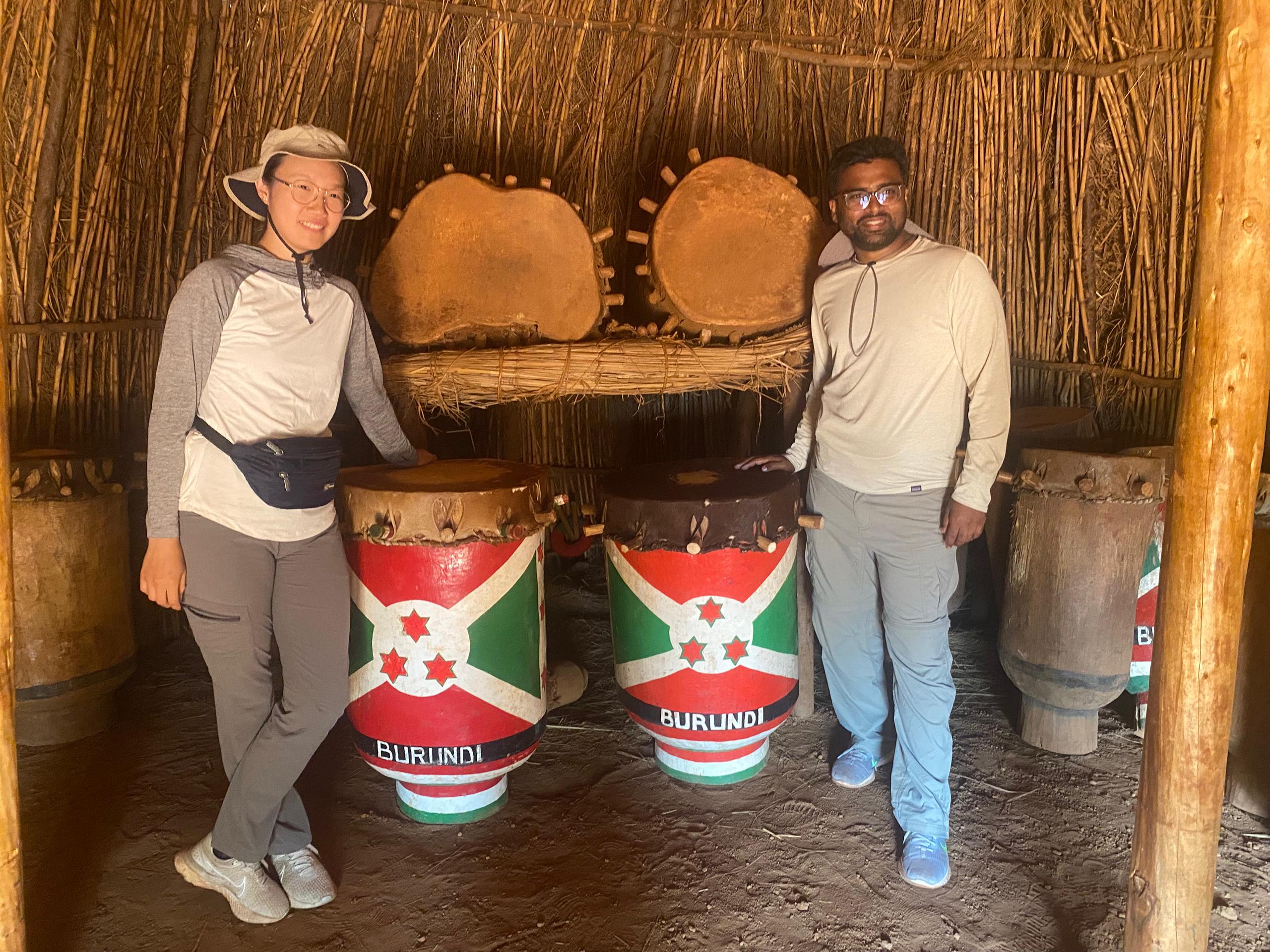Understanding Burundian Culture
Burundi is one of East Africa’s most culturally rich nations, shaped by centuries of tradition, resilience, and community. For travelers who want to look beyond landscapes and connect with people, understanding Burundian culture offers a deeper appreciation of the country’s identity and way of life. This guide explores the values, traditions, and everyday experiences that make Burundi truly unique.
1. The Spirit of Community
Burundians place a strong emphasis on togetherness. Family connections are central, and neighbours often function like extended relatives. In rural areas, people work together in farming, building homes, and supporting one another during ceremonies. Visitors often notice how warmly they are welcomed—hospitality is a natural part of Burundian life.
2. Respect and Politeness
Respect is embedded in daily interactions. People greet each other warmly, often with a handshake and a genuine interest in how the other person is doing. Age is respected, and elders play an important role in guiding families and communities. When visiting villages, travellers frequently encounter a polite and calm environment where courtesy is part of the culture.
3. Traditional Music and Drumming
Burundi is internationally known for its drum culture. The famous Royal Drummers of Burundi represent one of the country’s proudest traditions. Drumming is more than entertainment—it symbolizes unity, power, and identity. Performances involve rhythmic drumming, dancing, and chanting, creating a powerful cultural experience for visitors.
Many ceremonies, including weddings and community events, feature traditional music using instruments such as the inanga (a string instrument), ikembe, and flutes.
4. Art, Dance, and Oral Storytelling
Dance is an essential part of Burundian celebrations, with each rhythm and movement carrying meaning. You’ll find traditional dances performed during weddings, festivals, and communal gatherings. Burundi also has a deep oral storytelling tradition where history, moral lessons, and cultural values are shared through spoken word.
Craftsmanship is also prominent—handwoven baskets, beautifully carved wooden items, and traditional fabrics are sold in markets across the country.
5. Food and Shared Meals
Burundian cuisine is simple, fresh, and comforting. Beans, plantains, cassava, sweet potatoes, and maize are staples of the local diet. A typical meal is shared among family members, reinforcing the sense of togetherness. Visitors can experience local dishes such as:
- Ugali or isombe
- Grilled fish from Lake Tanganyika
- Brochettes (grilled meat)
- Fresh fruits from local markets
Eating is seen as more than sustenance; it is a moment for bonding.
6. Ceremonies and Social Gatherings
Life events hold great significance in Burundian culture. Weddings, baptisms, and community celebrations often involve days of preparation. Music, dance, and traditional rituals bring people together. For travellers who seek authentic cultural experiences, attending such gatherings—when invited—offers powerful insight into the values of unity and tradition.
7. Faith and Belief Systems
Religion plays an important role in many communities, with Christianity being the most practiced faith. However, traditional beliefs still influence customs, especially in rural areas. Ancestors are respected, and certain rituals are seen as a way to honor family heritage.
8. Language and Identity
Kirundi is the national language and is spoken by almost everyone in the country. This linguistic unity creates a strong sense of identity and cohesion. French and Swahili are also widely used, especially in urban areas and business environments.
Travelers who learn simple Kirundi greetings—such as “Amakuru?” (How are you?)—often receive warm smiles and appreciation.
9. A Culture of Resilience
Burundi’s history has not been easy, yet the people remain strong, hopeful, and determined. This resilience can be felt everywhere: in small businesses, in family life, and in the country’s efforts to grow tourism and share its beauty with the world.
